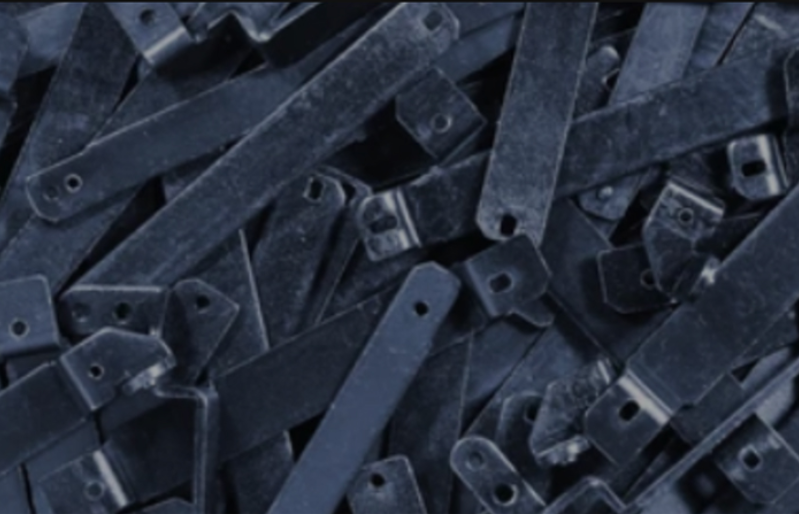Aluminum is a versatile material that is widely used in various industries including aerospace, automotive, construction, and packaging. However, untreated aluminum can corrode and deteriorate over time, especially in harsh environments. To protect aluminum from corrosion and improve its surface properties, conversion coating is often applied.
Conversion coating is a chemical process that converts the surface of aluminum into a thin layer of oxide or phosphate coating. This layer acts as a protective barrier against corrosion, enhances adhesion of subsequent coatings or adhesives, and improves the appearance of the surface. There are several types of conversion coatings for aluminum, each with its own unique properties and applications.
One of the most commonly used conversion coatings for aluminum is chromate conversion coating, also known as chemical film or Alodine. Chromate conversion coating is a thin, iridescent layer that is formed by immersion of aluminum in a solution of chromic acid, which reacts with the aluminum surface to form a complex chromate compound. The resulting coating is highly corrosion-resistant and provides good electrical conductivity, making it ideal for use in electronics and aerospace industries.
Another popular type of conversion coating is phosphate conversion coating, which is formed by the reaction of aluminum with a solution of phosphoric acid. The resulting coating is a crystalline layer of aluminum phosphate, which is highly adherent and provides excellent corrosion protection. Phosphate conversion coating is often used as a pretreatment for subsequent coatings and adhesives, as it improves their adhesion and bonding strength.
Other types of conversion coatings for aluminum include anodizing, which is an electrochemical process that produces a thick, porous layer of aluminum oxide, and titanium conversion coating, which forms a thin layer of titanium oxide that is highly resistant to corrosion and abrasion.
The application of conversion coating for aluminum involves several steps, including cleaning, etching, and rinsing of the aluminum surface, followed by immersion in the conversion solution. The parameters of the conversion process, such as temperature, concentration, and immersion time, can be adjusted to achieve the desired properties of the coating.

In addition to its protective properties, conversion coating for aluminum can also improve the appearance of the surface. Chromate conversion coating, for example, can produce a range of colors from clear to yellow, green, and blue, depending on the thickness and composition of the coating. This can be used for decorative purposes in various industries, such as automotive and consumer products.
In conclusion, conversion coating is a widely used process for protecting aluminum from corrosion and improving its surface properties. There are several types of conversion coatings available, each with its own unique properties and applications. The application of conversion coating involves several steps and parameters that can be adjusted to achieve the desired properties of the coating. With the use of conversion coating, aluminum can be used in a wide range of applications with improved durability and performance.
-

- OEM Die casting manufacturer produce magnesium alloy auto dashboard
-

- Custom-made die casting parts&comopnents for bicycle suspension fork for MTB
-

- Magnesium alloy thixomolding die-casting UAV parts C
-

- Magnesium alloy foundry parts bicycle frame CNC machining & surface finishing
-

- Детали и компоненты велосипеда из магниевого сплава для детского велосипеда-толкателя
-

- Magnesium thixomolding parts UAV housing

 0086-750-5616188
0086-750-5616188 +86 13392089688
+86 13392089688 sales@zhongmei-tech.com
sales@zhongmei-tech.com







